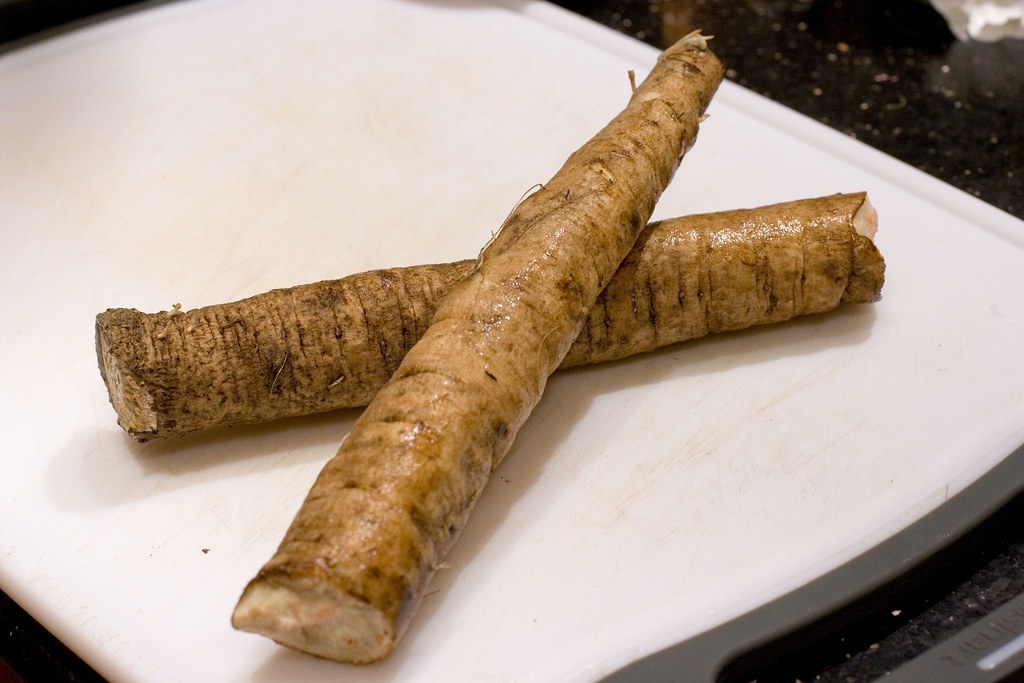Introduction:
Bilberries (Vaccinium myrtillus) are small, blue berries native to Northern Europe. They’re often referred to as European blueberries, as they’re very similar in appearance to North American blueberries
Benefits of Bilberries:
Rich in nutrients:
Like most berries, bilberries are a nutrient-rich fruit. With a nutritional profile resembling that of blueberries, they are commonly known as European blueberries, as they belong to the same plant family as this popular fruit.
Accordingly, bilberries can be expected to offer around 85 calories, 15 grams of naturally-occurring sugar, and 4 grams of fiber per cup (148 grams). Similarly to blueberries, they likely contain around 85% water, as well as good amounts of manganese and vitamins C and K,
Rich in anti-oxidants:
Bilberries contain vitamin C and phenolic acids and are an especially good source of anthocyanins, the powerful flavonoid antioxidant that gives red, purple, and blue fruits and vegetables their characteristic color
May improve vision:
Bilberries improve the vision especially the night vision. Bilberries may improve the vision in people with glaucoma and reduce eye fatigue and dryness of the eye.
May reduce inflammation:
Bilberries help fight inflammation due to their anti-oxidant property.
May lower the blood sugar levels:
Bilberry extracts lower the HbA1c, total and LDL cholesterol levels. Bilberries stimulate insulin secretion and prevent the breakdown of carbohydrates in the gut and thus help in the reduction of blood sugar.
May imrpove the heart function:
Bilberries may benefit the health of your heart. Test-tube research suggests that the specific mix of anthocyanins in bilberries may help lower blood pressure Regular ingestion of bilberries improved platelet function, blood pressure, and HDL (good) cholesterol levels.
Other potential benefits:
Bilberries may offer the following additional health benefits:
- May improve brain function. Powdered bilberry supplements are linked to improved long-term and working memory in
- May kill bacteria. Test-tube studies show that bilberries may have antimicrobial effects against potentially harmful bacteria, such as Salmonella and Staphylococcus aureus.
- May improve symptoms of ulcerative colitis (UC). A study found that daily intake of a bilberry supplement reduced chronic inflammation of the colon and rectum in people).
Conclusion:
Bilberries are small European blueberries that are rich in many nutrients and beneficial compounds. They’re linked to reduced inflammation and blood sugar levels, as well as improved vision and heart health. They may even improve brain function, fight off bacteria, and reduce symptoms of ulcerative colitis.



